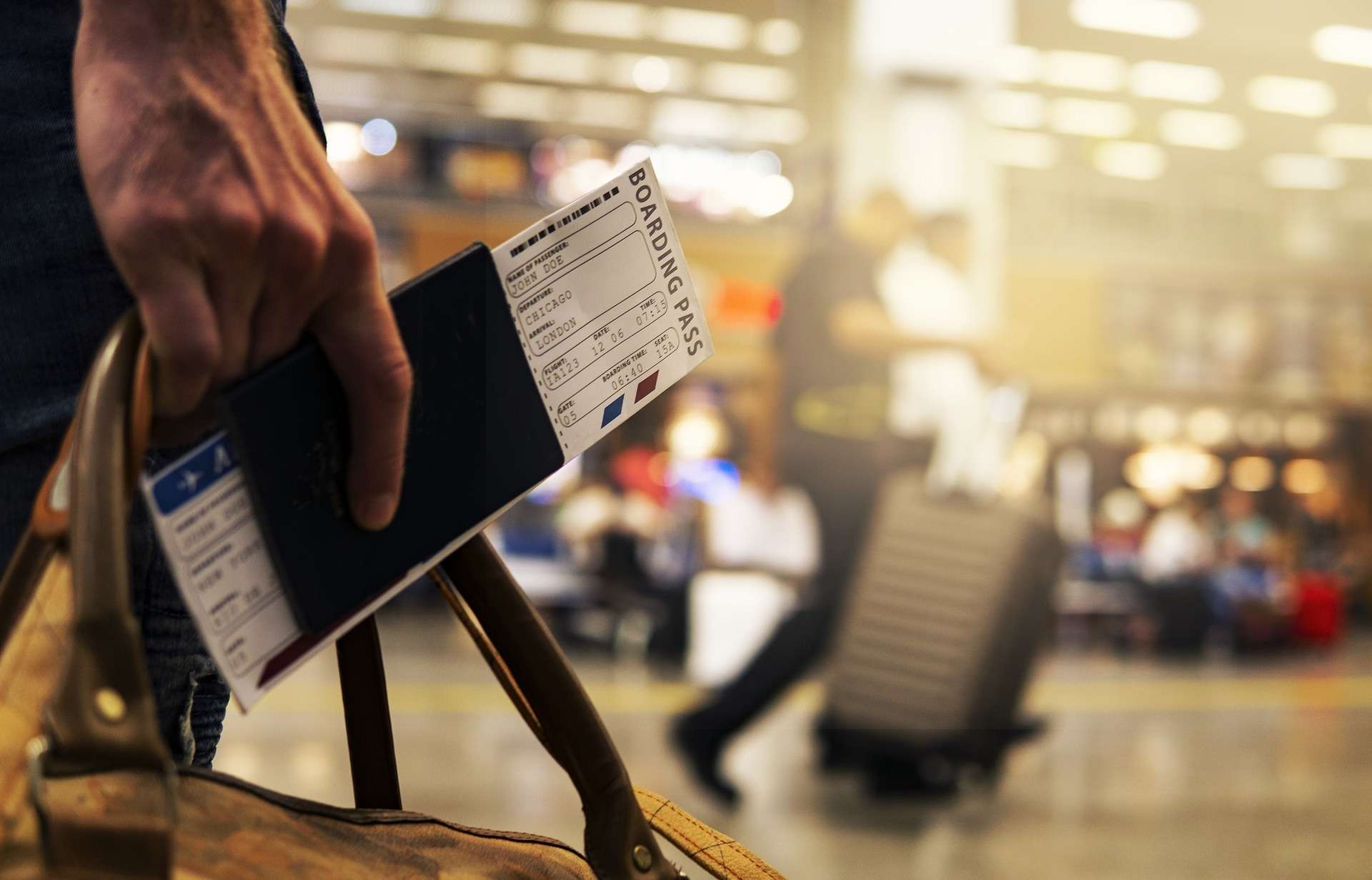

Simon Crunden
The reason employees get into trouble with expenses is that we, as budget holders and managers etc., haven’t set expectations on what is reasonable.
You cannot write expenditure limits into a one-size-fits-all policy. It never works and it creates more debate and irritation than what it’s worth. The variables between trips are far too great. For example, a room in the Sydney CBD is going to be a lot more expensive than a room in Albury and rates will rise and fall depending on demand.
It’s for this reason organisations should consider swapping detailed policies on what employees can and can’t do, to the creation of a budget, which details what they will spend on a trip which is approved by the traveller’s manager.
Creating a budget encourages employees to think about what they will spend on their next trip and negotiate with their manager if the proposed expenditure is reasonable before any money is spent. Importantly, it also creates accountability on behalf of the traveller and the approver.
This approach significantly changes the game and here’s why.
For a start, it forces the traveller to think about what they spend and prompts them to make conscious decisions as part of the planning process. It also prompts them to consider options to reduce their expenditure, for example, take an Uber to the airport instead of a taxi or reduce their food and beverage budget as most of the meals will be provided at the conference they are attending.
Now before you jump up and down about the additional work this will create, think about it from a practical perspective. 80% of employees travel less than three times a year. Most of these trips are for short conferences, training or internal meetings to capital or regional centres within the country they live. It’s not difficult for people to work out what they should spend in these circumstances, and even easier for a manager to review and approve the trip if it’s justified and the numbers add up.
Now that we have created a budget and set the expectation on what the trip should cost, we need to allow the traveller to track their expenditure against the approved budget. Ideally, this should be done using a smartphone. This allows the traveller to conveniently track their compliance to the budget, and human nature being as it is, the vast majority of people will strive to remain within it.
It’s pretty simple.
Let’s look at how most organisations manage their travel expenses currently. Most will have a verbal (or perhaps email) exchange on whether the trip should take place; rarely will there be a budget agreed upon, and if it is, it will be entered into a finance system the traveller doesn’t have access to.
Next, the traveller starts to spend money and submit their expenses which will be sent to the approver who then scrutinises and approves them after the fact. In this model, there are no controls in place to accurately record how the trip was approved, and importantly, how much it will cost. There is also no visibility on how expenditure is tracking against the budget if there was one agreed upon in the first place.
Using this model makes it extremely difficult to control costs. It also makes it difficult to question if the traveller has gone a bit overboard shouting dinner on the last night of a conference as we haven’t set any expectations on what is right or wrong.
Controls and transparency have been front and centre of the functionality we have developed within Nutrip. We have been thinking and socialising our ideas with our customers and we believe the platform’s ability to link the budget to expenses as they happen is an extremely effective way to track and reduce expenditure.
The core of our thinking is to set expectations and provide travellers with the tools needed to deliver on them. We also understand that all trips will never be the same and it’s too difficult for organisations to create policies that will cover each and every possibility.
We also believe it shouldn’t be too much of an expectation for travellers to plan ahead and explain to budget holders their intentions and how much a trip will cost. Yes, there will be exceptions, however, human behaviour and the sense of responsibility, will in most cases, prevail. Ultimately this will lead to increased transparency, accountability and greater flexibility, which will deliver better travel outcomes for individuals and the organisation.